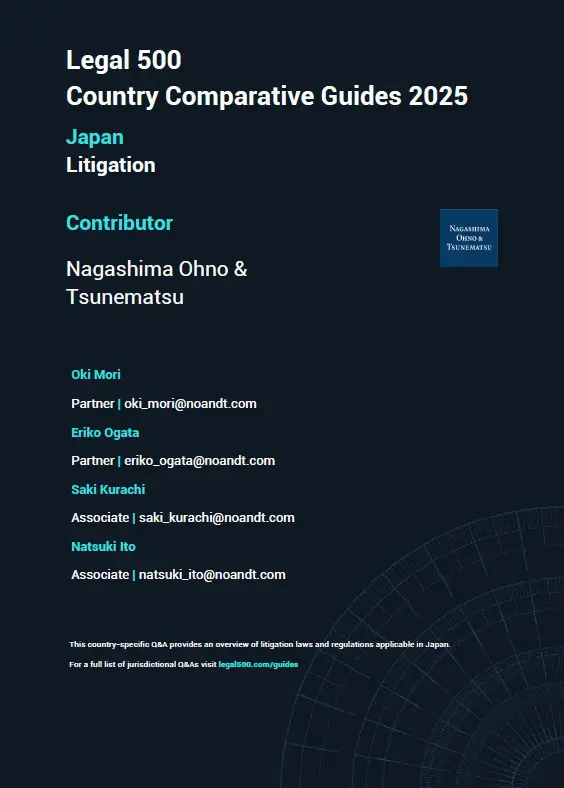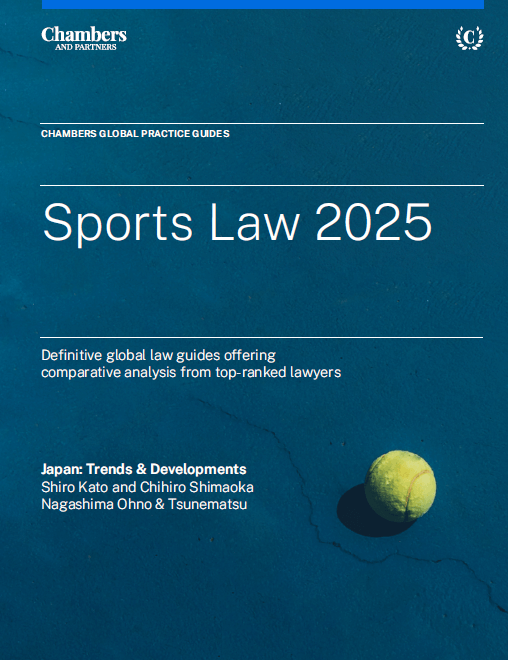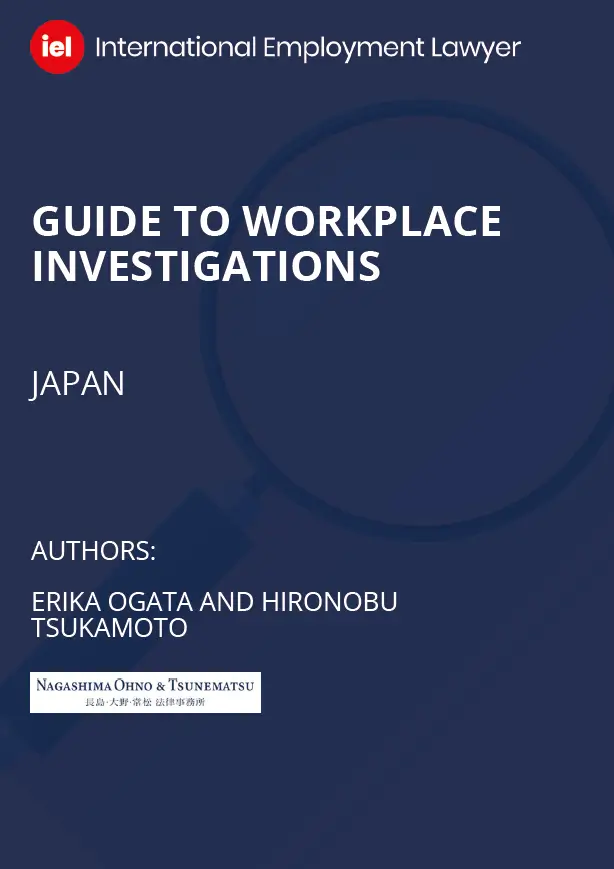
NO&T Asia Legal Review
In India, it is not uncommon for companies to rely on post-employment non-compete clauses to protect their business interests and proprietary data. The enforceability of these clauses has always been a disputed legal issue in India given that such clauses are considered to be in restraint of trade. This issue has once again gained attention in the recent case of Varun Tyagi vs. Daffodil Software Private Limited (judgement dated June 25, 2025), where the Delhi High Court has reaffirmed the extent to which such post-employment non-compete restrictions are allowed under Indian law.
Varun Tyagi (the “Employee”), an IT engineer, being initially employed with an associate company of Daffodil Software Private Limited (“DSPL”), was transferred to DSPL. Among other restrictions, the Employee’s agreement with DSPL included a non-compete clause preventing him, during the period of his employment and for three years thereafter, from working with or soliciting any business associate he was introduced to through DSPL’s business activities—whether directly or indirectly, or in any capacity.
DSPL assigned the Employee to work closely with Digital India Corporation (“DIC”), a business associate of DSPL. Subsequently, the Employee resigned from DSPL and joined DIC. DSPL sought to prevent the Employee from joining DIC for three years post-employment in accordance with the employment agreement, claiming risk to proprietary information and business interests.
The fundamental question was whether a post-employment non-compete clause, which prohibited the Employee from engaging with DSPL’s business associate (i.e., DIC), was valid under Section 27 of the Indian Contract Act, 1872 (“ICA”). This section provides that all agreements in restraint of trade are void, except in the limited case involving the sale of goodwill.
The Delhi High Court analyzed the non-compete clause in the Employee’s agreement with DSPL considering Section 27 of the ICA and concluded that the clause constituted a restraint of trade. The High Court set aside the interim injunction passed by the lower court in favor of DSPL, thereby allowing the Employee to join DIC.
In rendering its judgment, the Court, among other things, reiterated the legal position on post-employment restraints and held the following※1:
The Delhi High Court’s decision upholds India’s stringent restrictions on post-employment non-compete covenants. While employers may impose reasonable limits during the employment of an employee, post-employment non-compete clauses are typically unenforceable regardless of their extent or duration, unless they fall under one of the few legal exceptions.
*1
Paragraphs 66, 67, 68, and 72 of the judgement.
This newsletter is given as general information for reference purposes only and therefore does not constitute our firm’s legal advice. Any opinion stated in this newsletter is a personal view of the author(s) and not our firm’s official view. For any specific matter or legal issue, please do not rely on this newsletter but make sure to consult a legal adviser. We would be delighted to answer your questions, if any.


Shejal Verma


(July 2025)
Oki Mori, Eriko Ogata, Saki Kurachi, Natsuki Ito (Co-author)


Patricia O. Ko


(April 2025)
Shiro Kato, Chihiro Shimaoka (Co-author)


Shejal Verma


Patricia O. Ko


(April 2025)
Shiro Kato, Chihiro Shimaoka (Co-author)


(January 2025)
Hironobu Tsukamoto, Eriko Ogata (Co-author)